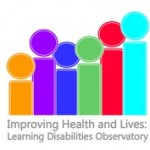
The NHS Confederation have published a new briefing that summarises the findings and recommendations from a recent report, commissioned by the Department of Health, into race equality in mental health. The report is based on a series of interviews with NHS and local authority leaders. The report suggests that focusing on tackling inequalities in access [read the full story…]








